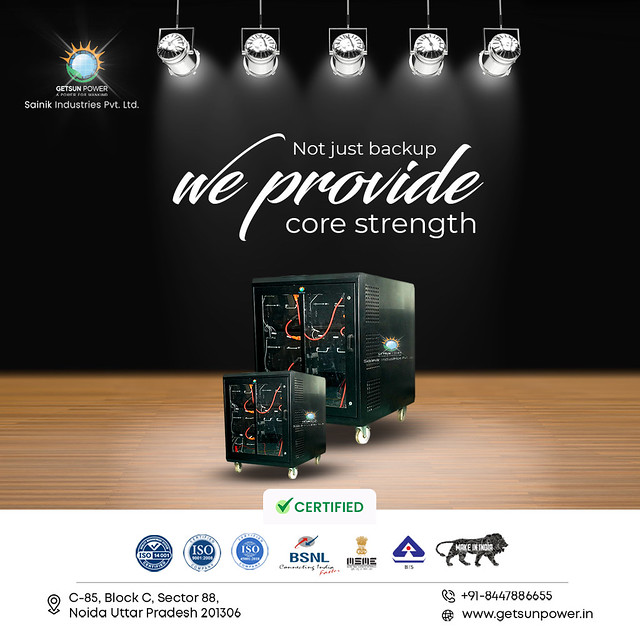Lithium Battery: A High-Energy Density Power Solution
Introduction:
In this article, we will explore the world of lithium batteries, specifically focusing on lithium accumulators, secondary lithium batteries, lithium cells, high-energy density lithium batteries, and Li-ion batteries. We will discuss their manufacturing process, characteristics, adva

ntages, usage methods, how to select the right product for your needs and provide a conclusion.
1. Manufacturing lithium battery Process:
Lithium batteries are manufactured using state-of-the-art technology. The process begins with the preparation of cathode and anode materials which are typically made from graphite and various metal oxides such as cobalt or manganese oxide. These materials undergo specialized treatment to enhance their electrochemical prope lithium battery rties. The electrodes are then assembled along with a separator impregnated with electrolyte solution containing lithium salts. Finally, they are sealed in an appropriate casing that ensures safety during usage.
2. Characteristics of Lithium Batteries:
Lithium accumulators possess several remarkable characteristics that make them highly desirable for various applications:
a) High Energy Density: Lithium batteries have one of the highest energy densities amo Secondary lithium battery ng all commercial battery types available today.
b) Long Cycle Life: They exhibit excellent durability and can endure numerous charge-discharge cycles.
c) Lightweight & Compact: Lithium battery’s compact size and lightweight nature allow it to be easily integrated into portable electronic devi

ces without compromising performance.
d) Low Self-Discharge Rate: Even after extended periods of storage or non-use, these batteries retain a significant portion of their charge.
e) Wide Temperature Range Tolerance: They can withstand extreme temperatures without losing efficiency.
3. Advantages of Using Lithium Batteries:
Lithium-ion (Li-ion) batteries offer numerous advantages over other traditional rechargeable options:
a) Higher Voltage Output Stability
b) Faster Charging Times
c) Lower Maintenance Required
d) Environmentally Friend Lithium accumulator ly (No toxic metals like lead or mercury)
e) Less Weight and Lower Volume
4. Usage Methods:
Lithium batteries find extensive use in diverse fields such as consumer electronics, electric vehicles, renewable energy s lithium battery torage systems, medical devices, aerospace applications, and more.
a) Consumer Electronics: Lithium-ion batteries power smartphones, laptops, tablets, digital cameras, and wearable devices due to their high energy density.
b) Electric Vehicles: Their ability to deliver sustained power over long distances has made lithium batteries the preferred c

hoice for electric cars and bicycles.
c) Renewable Energy Storage Systems: Lithium batteries store excess energy generated by solar panels or wind turbines for later use during peak demand periods.
d) Medical Devices: From pacemakers to portable oxygen concentrators, lithium batteries provide reliable and lithium battery compact power solutions.
e) Aerospace Applications: Spacecraft and satellites require lightweight yet powerful energy sources – lithium-ion batteries fit these requirements perfectly.
5. How to Select the Right Lithium Battery:
To choose the most suitable lithium battery for your needs:
a) Consider Voltage Requirements
b) Assess Energy Densit lithium battery y Requirement
c) Evaluate Cycle Life Expectancy
d) Analyze Charging Time & Discharge Rate Capability
e) Ensure Proper Safety Standards and Certifications
Conclusion:
Lithium-ion technology has revolutionized the way we power our lives. With their outstanding characteristics of high-energy density, longevity, low self-discharge rate along with countless advantages over traditional rechargeable options; it’s clea lithium battery r why they dominate various industries’ need for efficient power solutions. Whether you’re a consumer looking for longer-lasting electronic devices or a company aiming to drive sustainability through renewable energy technologies – choosing the right type of lithium battery will undoubtedly enhance your experience while moving toward a greener future.
In conclusion,
the impact of lithium battery cannot be overstated as its wide-ranging applications conti Lithium cell nue to redefine technological advancements across industries globally.


